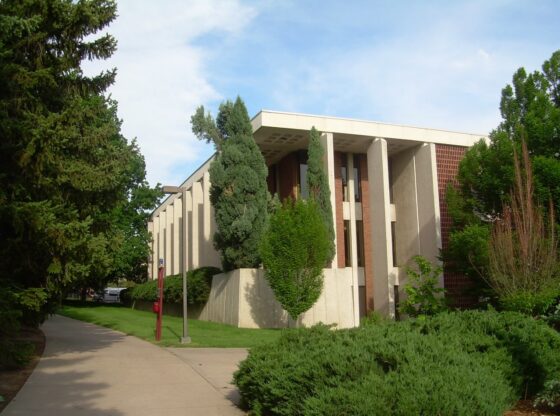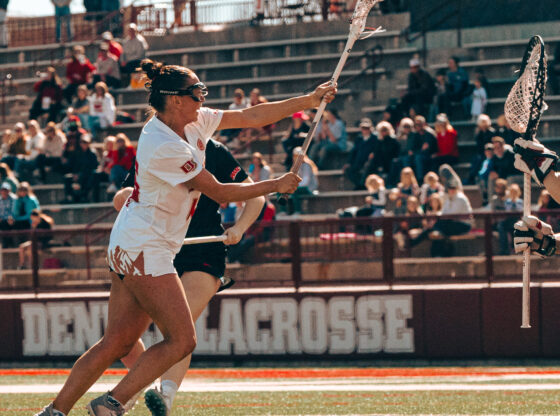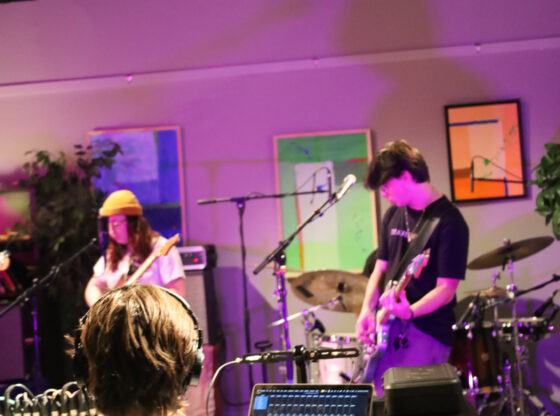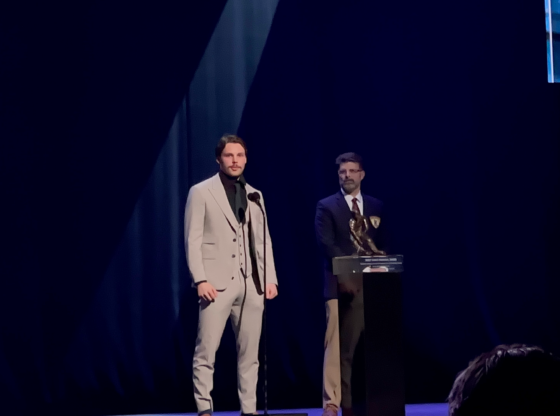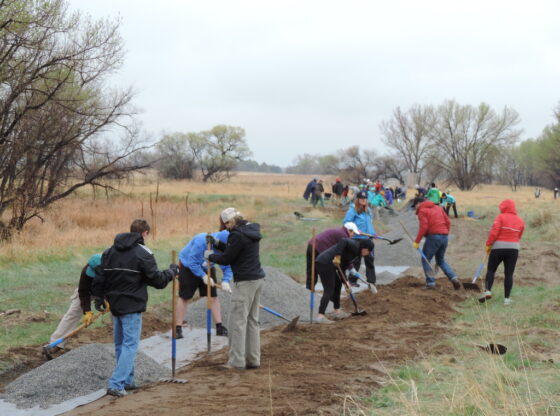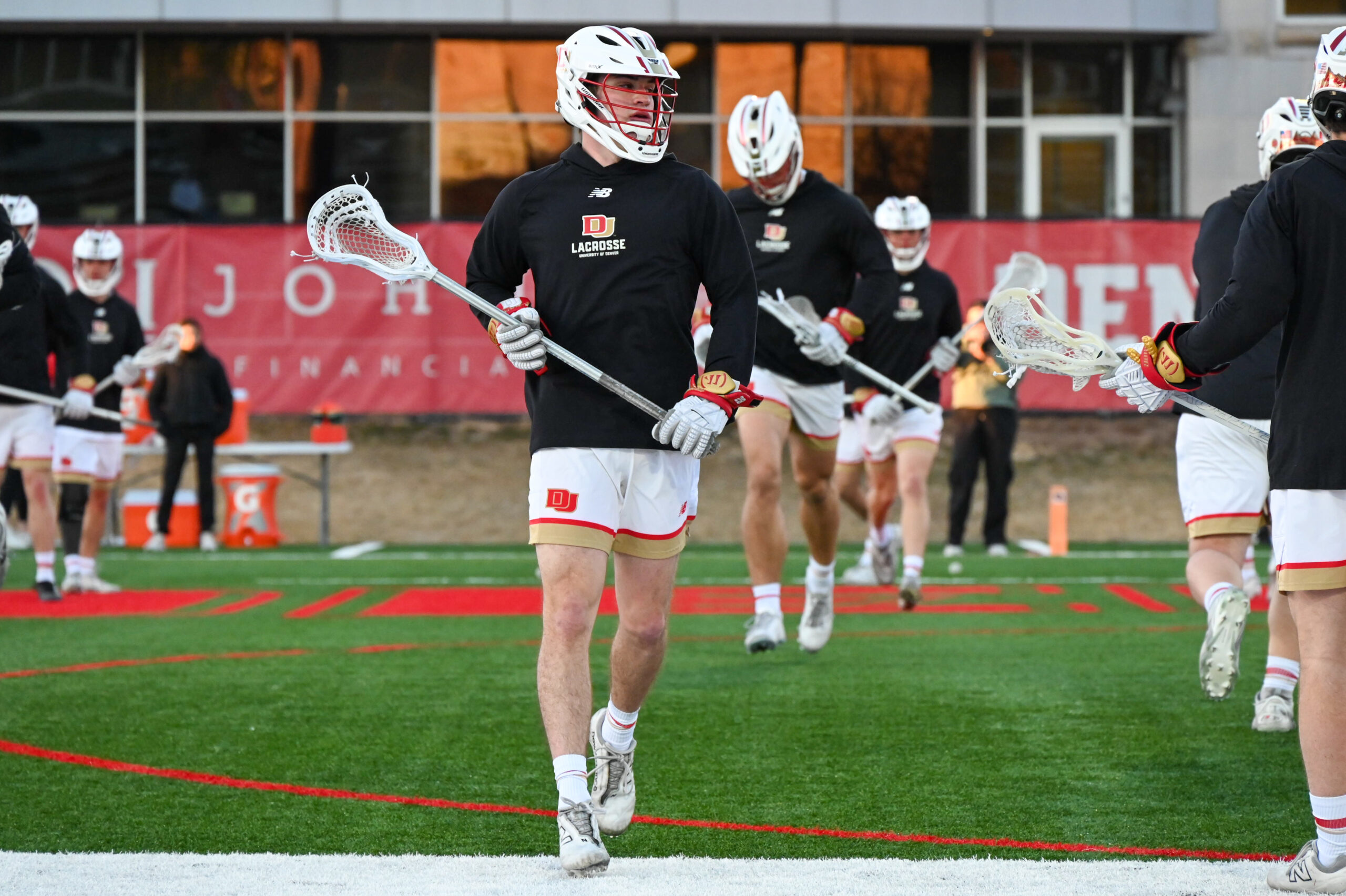The fall Chancellor’s Roundtable brought many student issues to the attention of Chancellor Robert Coombe last week.
“I like the kind of conversation we got to at the end,” Coombe said of the afternoon forum.
He was referring to the way all of the issues led to discussion of the general quality of the university and how students feel about the university.
The officers of the DU environmental team (DUET) inquired about the stance the university takes on recycling, saying that they feel there is not enough recycling on campus. DUET is currently organizing a push to put more recycling receptacles on campus but has come up against barriers in the process.
Chancellor Coombe said he had also noticed that there is not enough recycling on campus and said he would talk to the people who can help DUET improve the number of trash receptacles on campus.
Another student brought up a new student initiative that she is working on. The project involves creating an organic garden either somewhere on campus or close by.
The chancellor suggested that it would be an excellent student-faculty collaborative effort and could then be thought of as a school program. There are also plans to get outside organizations involved in creating the garden.
A second-year student asked the chancellor what the university is doing to address the issue of diversity on campus. She cited the off-campus locations of the Center for Multicultural Excellence (CME), and the International House as examples of the lack of visibility of the school’s diversity.
The CME, however, is to move into the new College of Education building when it is finished, which will bring it closer to the center of campus, according to Chancellor Coombe. He also brought up the increase in diversity among the undergraduate population in terms of percentages.
Reinforcing these points, Coombe said, “There is certainly a lot of student interest in these things and a lot of faculty interest.”
Students also brought up what they see as a lack of worth in the upper division core sequence. They felt that it was pointless to have to take classes that seem to be based in memorization skills.
Provost Gregg Kvistad addressed this issue and defended the core sequence, saying that before any issues are addressed, the core program needs to be evaluated so that the university can “figure out whether it is broken.” For now, the university has embedded some of the new core writing program into the upper division core classes.



